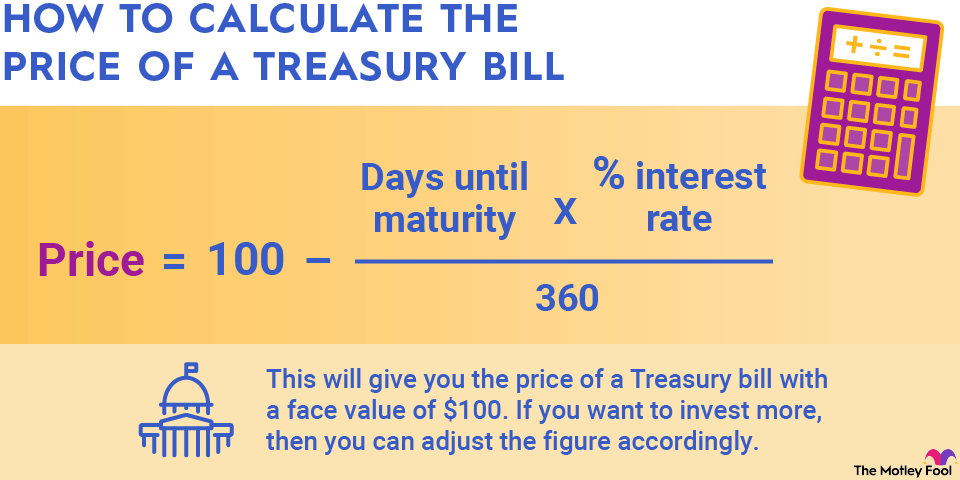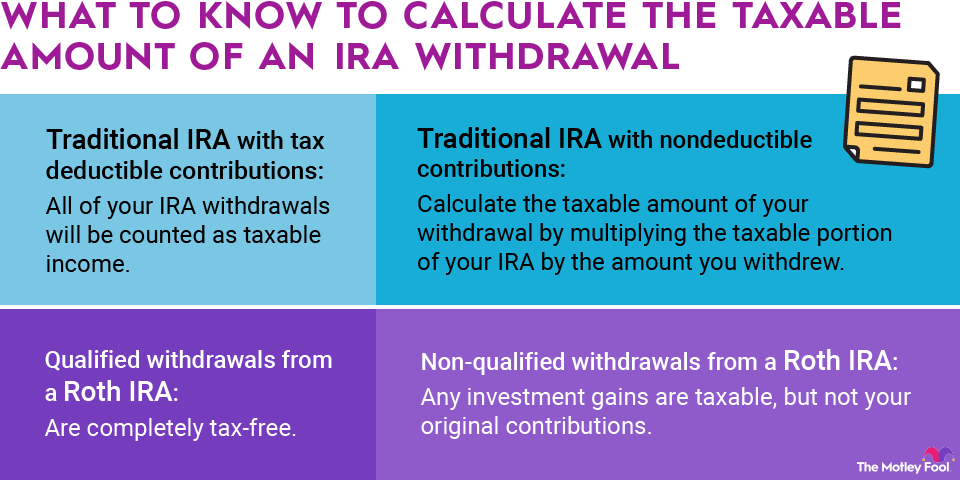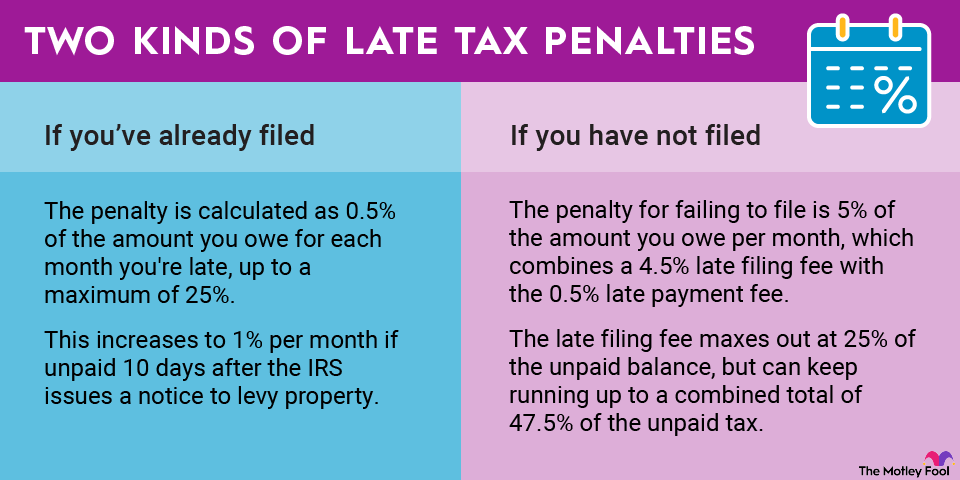Calculating your tangible net worth is a useful way to measure your wealth and your progress toward long-term financial goals like retirement. However, if you have subordinated debt, you might need to treat it differently from other types of debt in determining your net worth. Let's look more closely at the calculation and the impact that subordinated debt can have.

Basic tangible net worth
The general concept of tangible net worth is pretty simple. First, take the value of all the assets you own. Because you're looking at tangible net worth rather than overall net worth, you then take out the value of any intangible assets, such as intellectual property rights or goodwill. Finally, subtract out the value of any debts or other liabilities that you owe. The result will be your tangible net worth.
For most individuals, tangible net worth will be the same as overall net worth. A difference appears most often in the business context, in which intangible assets are much more common.
How subordinated debt factors in
Subordinated debt is a liability that has lower priority than other debt. One example is a second mortgage on a home. The lender on a second mortgage typically has the right to repayment from the proceeds of the sale of the home, but the lender on the first mortgage must be repaid in full before the second-mortgage holder can receive payment.
In some cases, subordinated debt holders have the right to make claims against other property. When that's the case, it makes sense to count subordinated debt in the tangible net worth calculation. However, subordinated debt holders sometimes have no recourse against other assets. If the value of the asset is insufficient to pay off the subordinated debt, then the debt holder can be left without any legal rights. Then, it might makes sense not to count the subordinated debt fully against your tangible net worth, because it effectively has no rights to full repayment based on current values.
Related investing articles
Knowing your net worth is a valuable exercise, but to do so accurately, you need to know how your various debts and other liabilities will be treated. Having subordinated debt can require some additional thought in determining your true tangible net worth.


















